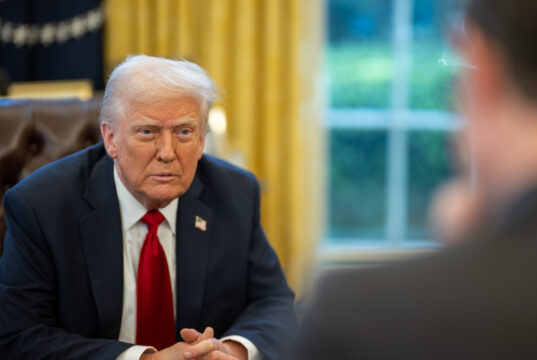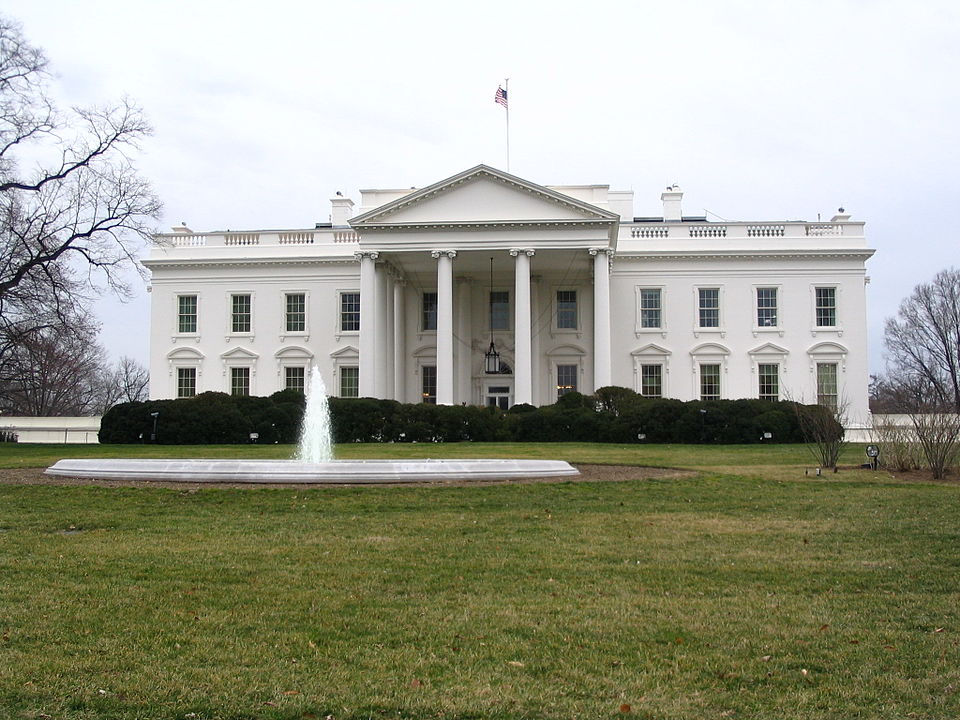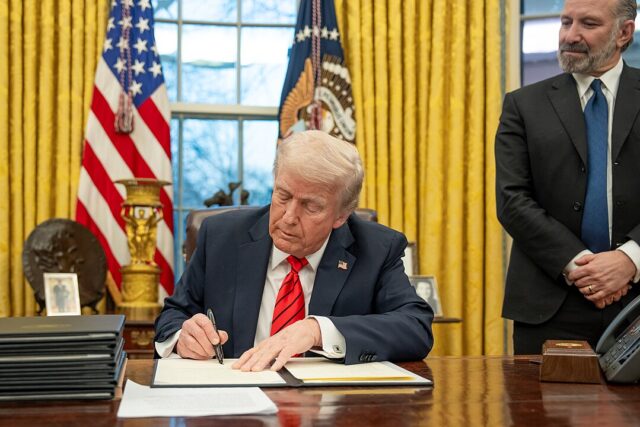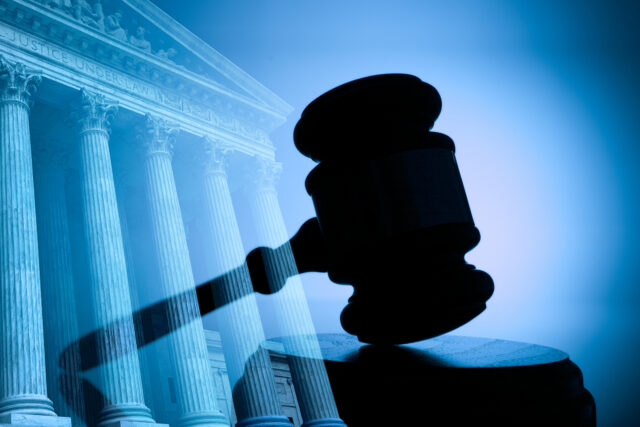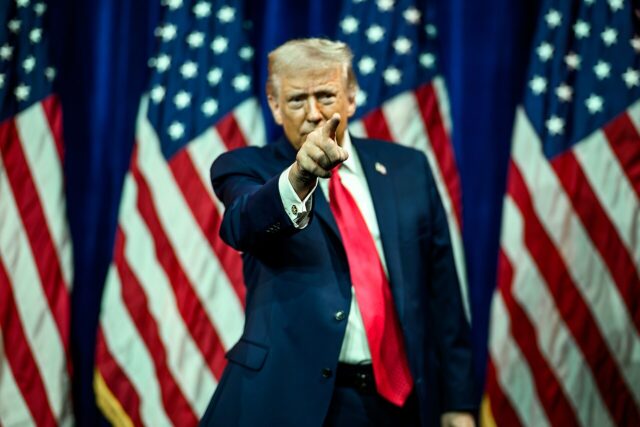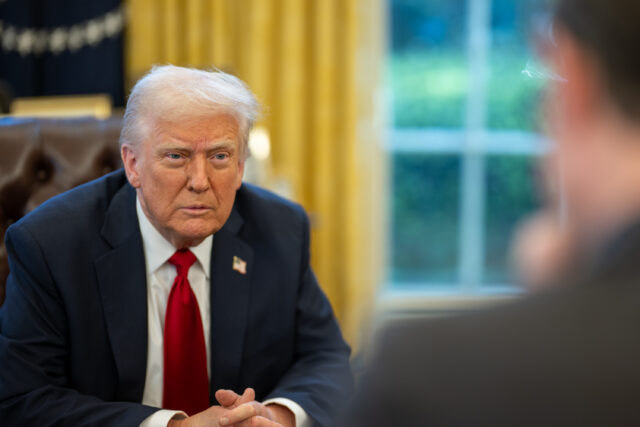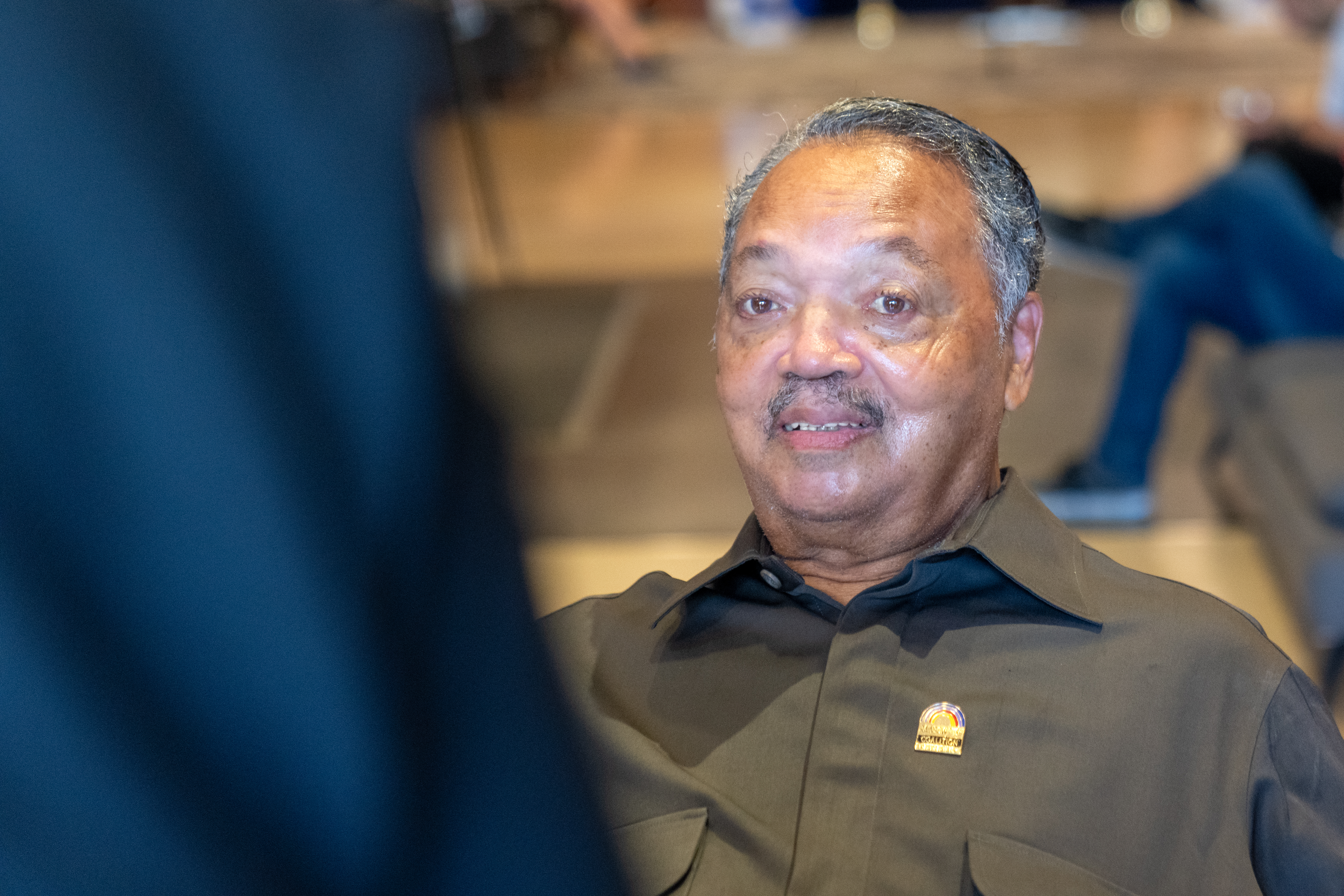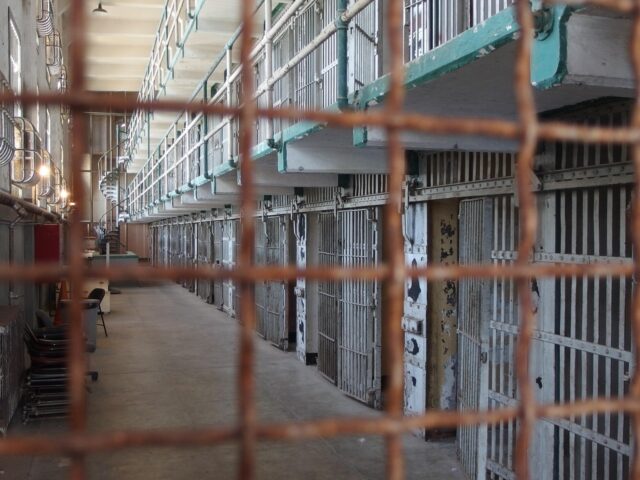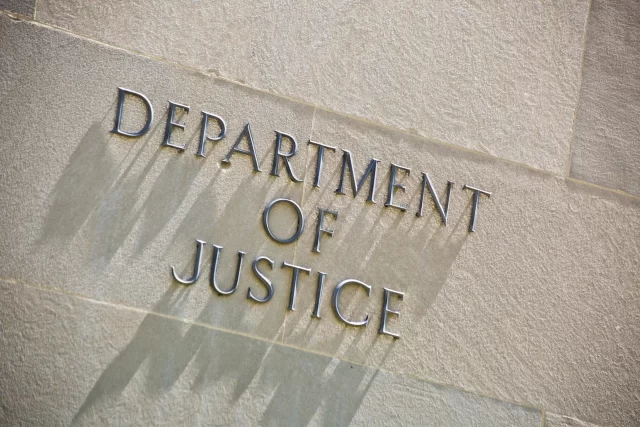Secret Service Fatally Shoot Armed Mar-A-Lago Intruder
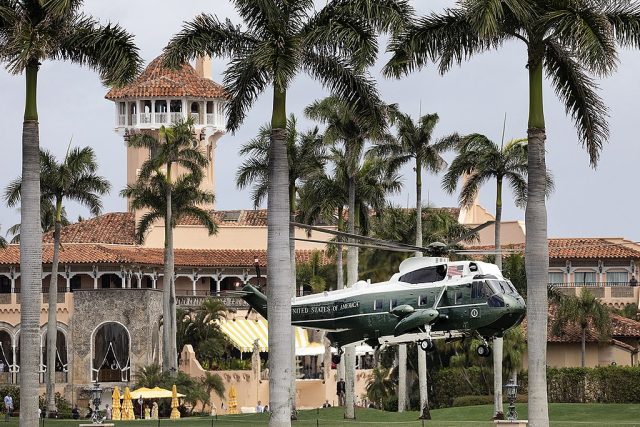
PALM BEACH, Fla. — A 21-year-old man was shot and killed early Sunday after allegedly breaching the secure perimeter of President Donald Trump’s Mar-a-Lago estate, prompting a multi-agency federal investigation, the U.S. Secret Service confirmed.
The incident unfolded around 1:30 a.m. when the suspect made what officials described as an “unauthorized entry” onto the property.
According to the Secret Service, the individual was observed near the north gate carrying what appeared to be a shotgun and a fuel can. Agents, along with a deputy from the Palm Beach County Sheriff’s Office (PBSO), responded immediately.
Sheriff Ric Bradshaw identified the suspect as Austin Tucker Martin, 21, of North Carolina.
Bradshaw said during a press conference that a deputy and two Secret Service agents assigned to the detail confronted the man after he entered what authorities described as the “inner perimeter” of the estate.
“They confronted a white male that was carrying a gas can and a shotgun. He was ordered to drop those two pieces of equipment that he had with him — at which time he put down the gas can, raised the shotgun to a shooting position,” Bradshaw told reporters. “At that point in time, the deputy and the two Secret Service agents fired their weapons and neutralized the threat.”
Bradshaw said the suspect did not respond verbally to commands from law enforcement officers to drop the items.
Martin was pronounced dead at the scene.
Officials confirmed that no Secret Service personnel or sheriff’s deputies were injured during the confrontation. No Secret Service protectees were present at Mar-a-Lago at the time of the incident, and Trump was not in Florida when the shooting occurred.
The FBI, Secret Service, and Palm Beach County Sheriff’s Office are jointly investigating the shooting, including the suspect’s background, actions, potential motive, and the use of force.
FBI Miami Special Agent in Charge Brett Skiles said the bureau is assisting due to the location being under Secret Service protection.
The FBI’s evidence response team is processing the scene and collecting physical evidence. Skiles urged residents in the area to review surveillance footage from late Saturday night into early Sunday morning.
“If you see anything that looks suspicious or out of place, please contact us,” he said.
FBI Director Kash Patel said in a post on X that the agency “is dedicating all necessary resources in the investigation of this morning’s incident,” adding that the bureau “will continue working closely with @SecretService as well our state and federal partners and will provide updates as we are able.”
Heightened Security After Previous Threats
Sunday’s incident comes amid heightened security surrounding Trump following multiple high-profile threats and assassination attempts in recent years. Most notably, Trump survived an assassination attempt during a July 2024 campaign rally in Butler, Pennsylvania, where a gunman opened fire, injuring Trump and killing a rally attendee. That attack prompted sweeping reviews of Secret Service procedures and significantly intensified protective measures at Trump properties and public events.
Since then, federal authorities have reported disrupting additional threats against the former president, contributing to an already elevated security posture.
Mar-a-Lago, which serves as Trump’s private residence and a frequent venue for political and public events, operates under layered security protocols when under Secret Service protection. Officials have not yet indicated whether Sunday’s incident is connected to any broader threat.
The investigation remains active, and authorities say additional details will be released as they become available.


